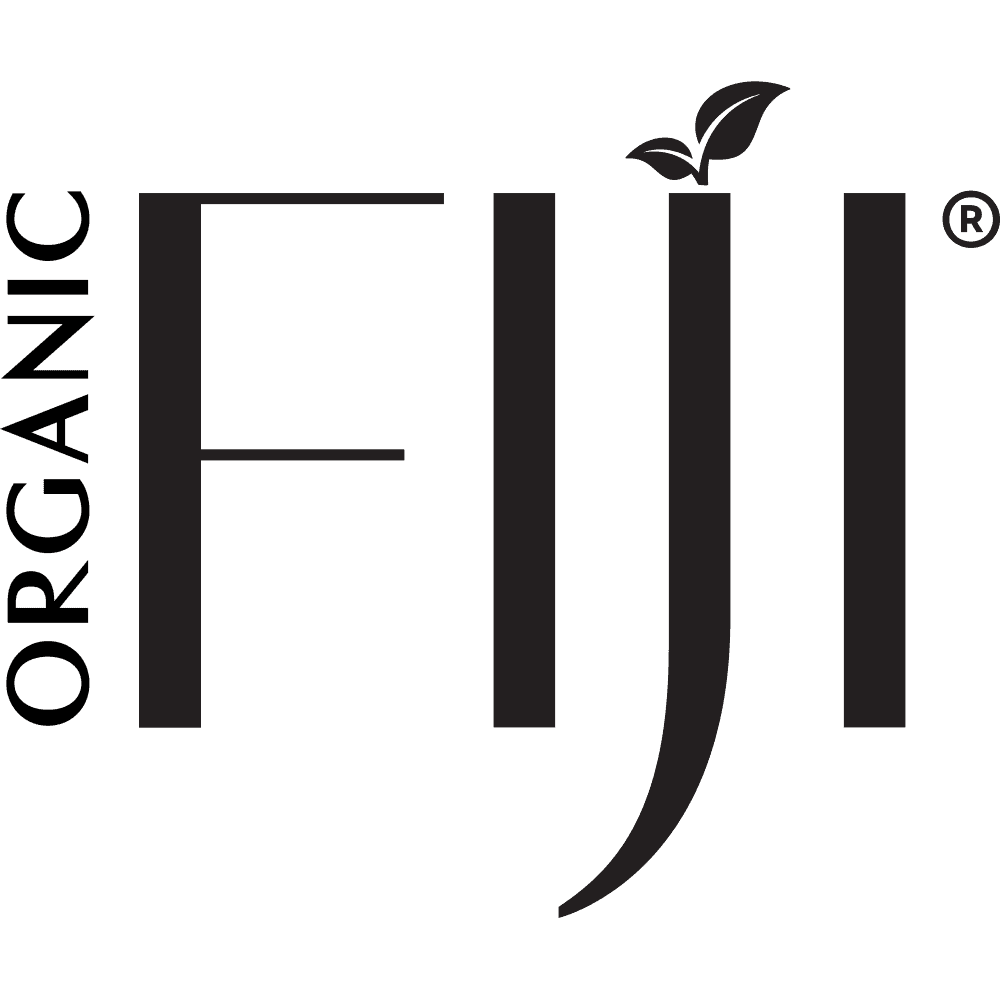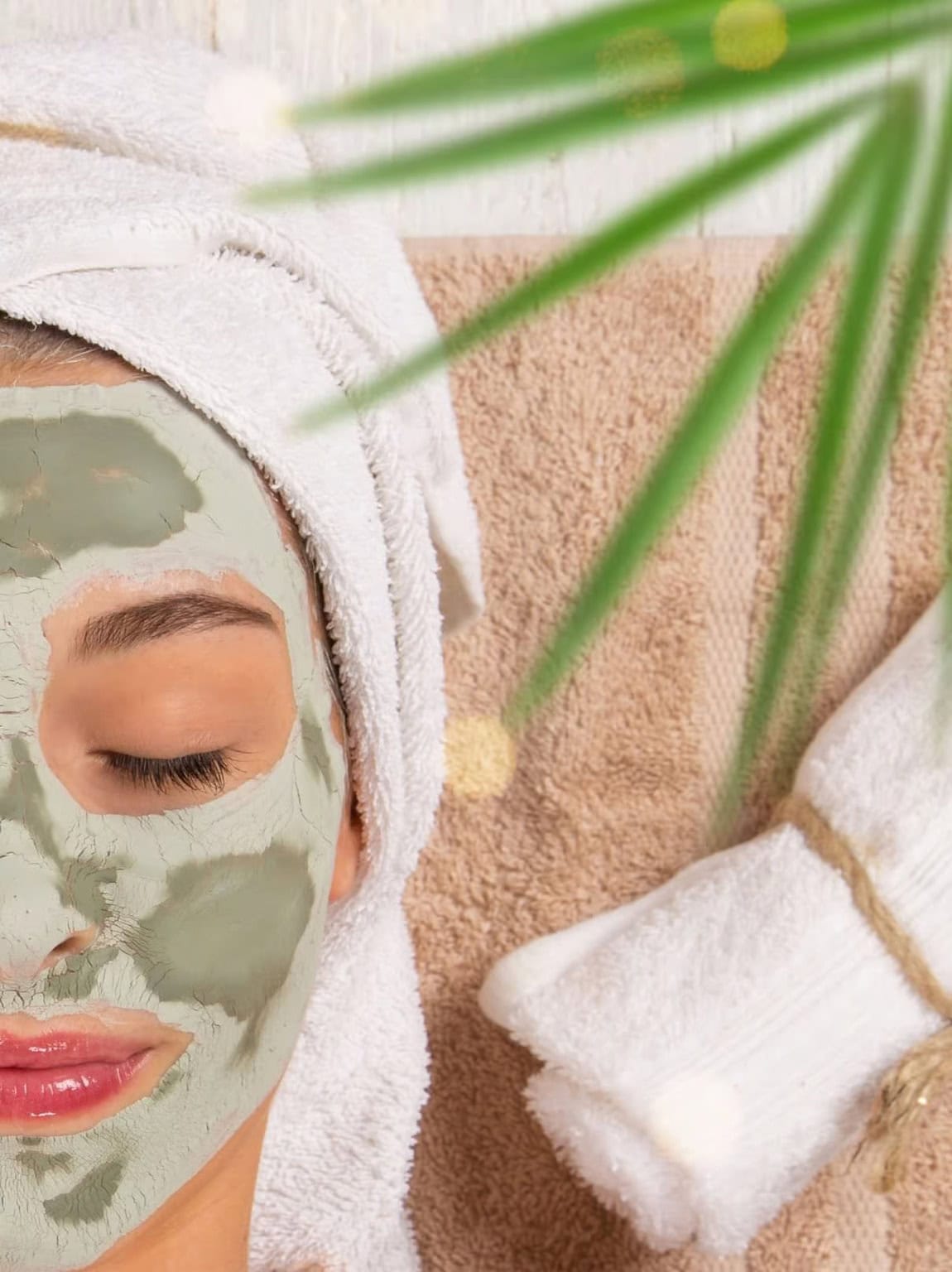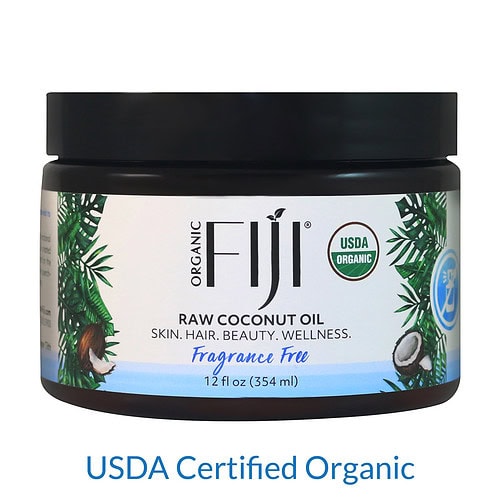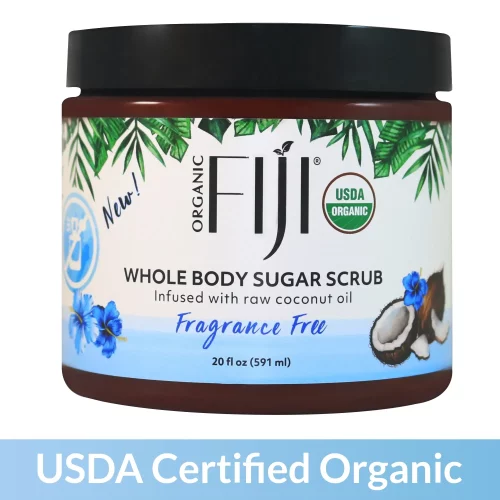What are DIY face masks?
DIY face masks are a perfectly pampering way to give your skin some nourishment whilst keeping the ingredients fresh, simple and packed full of natural goodness. DIY, or do it yourself, means that you are mixing the ingredients of the face mask together yourself, using ingredients that you can find in your fridge and pantry. Spa-at-home with our DIY face masks guide and recipes.

Professional advice on DIY face masks
We turn to licensed esthetician, spa professional and clean beauty guru, Patti Coughlin, to guide us through the best practices for DIY face masks and beauty hacks.
Why make DIY face masks?
“Facial masks deliver nutrients to skin in a concentrated form and provide some instant gratification while addressing specific skin conditions.
First, a little science to keep in mind. Your skin’s pH is about 5.5, so choosing a mask with ingredients that preserve your skin’s acid mantle is key to keeping its barrier function intact. Secondly, whenever possible, use ingredients that are organic, raw and ethically sourced.”
Common Skin Types and DIY Masks
Understanding your skin type is essential for creating effective DIY face masks. Here are some common skin types and suggested ingredients:
- Oily Skin: Clay, tea tree oil, lemon juice.
- Dry Skin: Honey, avocado, olive oil.
- Sensitive Skin: Oatmeal, aloe vera, chamomile.
- Combination Skin: Yogurt, cucumber, honey.

Getting started with your DIY face masks
“Recipes for DIY face masks are plenty, so it is important to use ingredients that address your skin type and condition, are not irritating to the skin, that you are not allergic to, and can be easily applied and removed. Pay particular attention to the amount of time you leave a mask on your face. A general rule of thumb is 10-15 minutes.
One real benefit to DIY face masks is that they are free of toxins, synthetic byproducts, chemicals, and preservatives, making them especially beneficial for sensitive skin. These masks are meant for one-time usage and should not be stored.
Whenever possible, use facial masking as an opportunity to indulge with a spa-at-home experience. Light some candles, put on some music and enjoy one of life’s little pleasures using ingredients that you have on hand.”
DIY Face Mask Recipies
Healthy glow organic DIY face mask
“When it comes to skin-boosting benefits, coconut oil, honey, and matcha are the triple crown winners. This coconut oil DIY face mask repairs and balances and is packed full of antioxidants and bacteria-fighting properties, making it good for most skin types.”
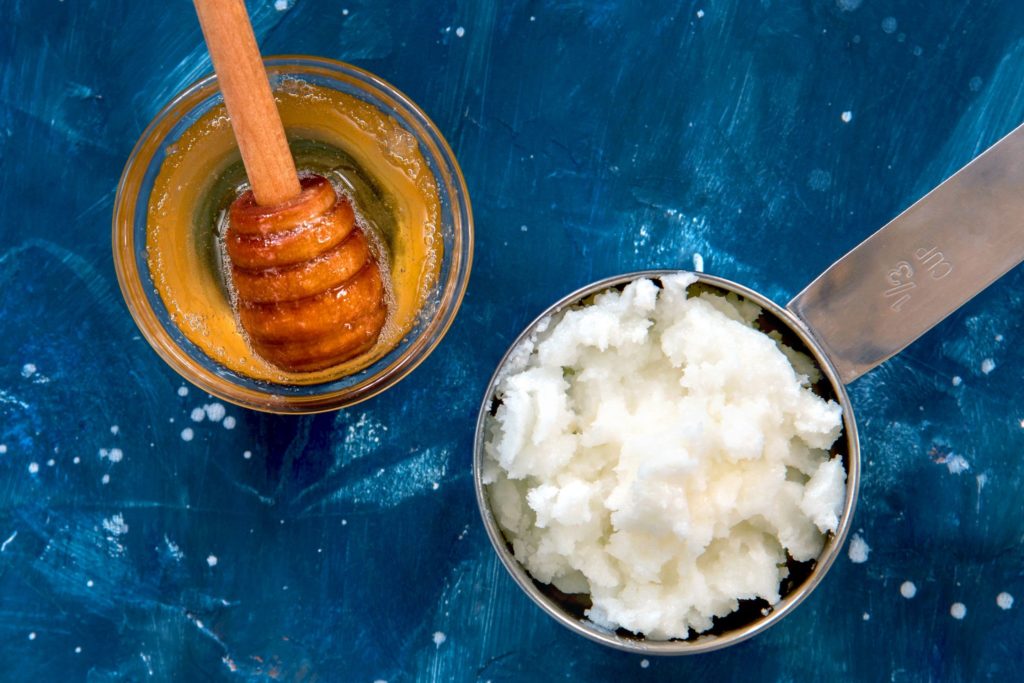
Ingredients:
- 1 tablespoon coconut oil
- 1 tablespoon honey
- 1 teaspoon matcha powder
Instructions:
- Mix all ingredients in a bowl until well combined.
- Apply the mixture to your face, avoiding the eye area.
- Leave the mask on for 10-15 minutes.
- Rinse off with warm water and pat your face dry.
Benefits
“Honey: Hydrates and moisturizes skin and contains anti-bacterial, antiseptic and anti-inflammatory properties which help fight acne and may fade scars as it exfoliates skin cells.
Source: I prefer Manuka Honey.
Matcha: The polyphenols (EGCG) in matcha possess potent antioxidant and skin-soothing properties, and show significant promise for improving the appearance of sun-damaged skin.
Source: I prefer Organic Matcha.
Coconut Oil: Organic raw coconut oil has so many benefits for the skin. Here’s a breakdown of its components:
Lauric Acid – Kills acne-causing bacteria.
Capric Acid – Contains strong antimicrobial and antiviral properties.
Caprylic Acid – Provides nurturing benefits to sensitive and oily skin plus anti-oxidant protection.
Vitamin C – Stimulates collagen production and fights off free radicals which cause premature aging. Promotes skin tautness and elasticity.
Vitamin E – Bolsters the skin’s UV protection. Slows down skin aging, decreasing fine lines while keeping connective tissues strong helping prevent skin sagging.
MCFA – Medium Chain Fatty Acids Protect skin from infections and bacteria by creating a skin pH that fights off acne-causing bacteria (propionibacterium).
MCT – Medium Chain Triglycerides Penetrate and unclog skin pores removing dirt, pollution and germs. Dissolve oils that cause acne and blackheads.
Source: I prefer organic cold pressed raw coconut oil.”
Recipe and instructions
“Let’s get mixing our simple DIY face masks!
- 1 teaspoon organic coconut oil – I prefer Organic Fiji’s Unscented USDA Organic Cold Pressed Raw Coconut Oil for it’s quality
- 2 tablespoons honey – I prefer Manuka Honey for its added benefits
- 1 tablespoon matcha – I prefer any organic matcha for its purity
- Add all ingredients to a small bowl and mix well with a small spatula
- Apply the mixture evenly to clean skin using an upward motion. Be sure to cover all parts of your face, neck and décolleté.
- Let the mask set for 10 minutes.
- Remove by gently applying lukewarm water. Using a warm washcloth is also helpful.
- Pat face lightly with a soft towel, then let dry naturally.
- If needed, follow with a natural moisturizer – I love Organic Fiji’s Grapefruit Face & Body Lotion for an instant uplifting infusion of hydrating goodness.
- For best results, mask 2 times weekly.”
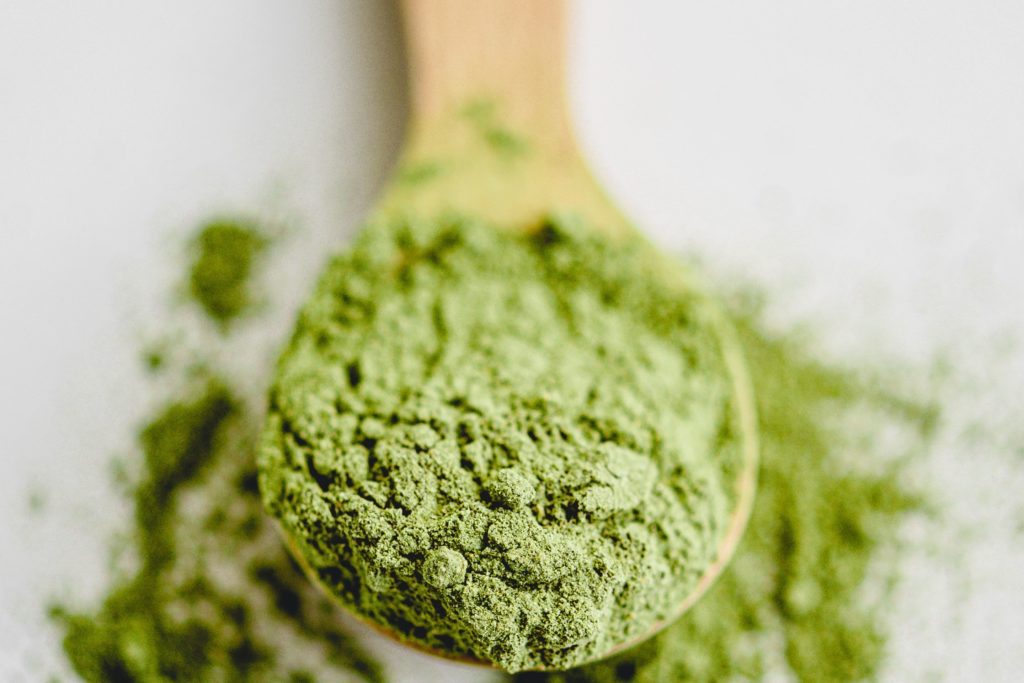
Moisturizing Avocado Mask
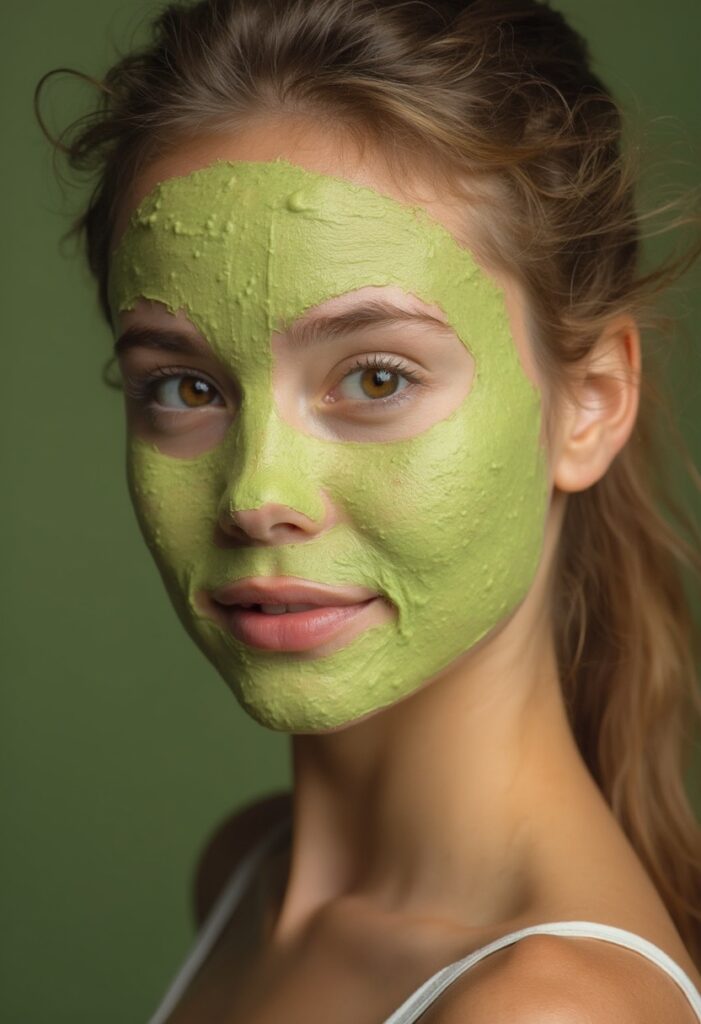
Ingredients:
- 1/2 ripe avocado
- 1 tablespoon honey
- 1 tablespoon plain yogurt
Instructions:
- Mash the avocado until smooth.
- Mix in honey and yogurt.
- Apply to your face and leave on for 15 minutes.
- Rinse with warm water and moisturize.
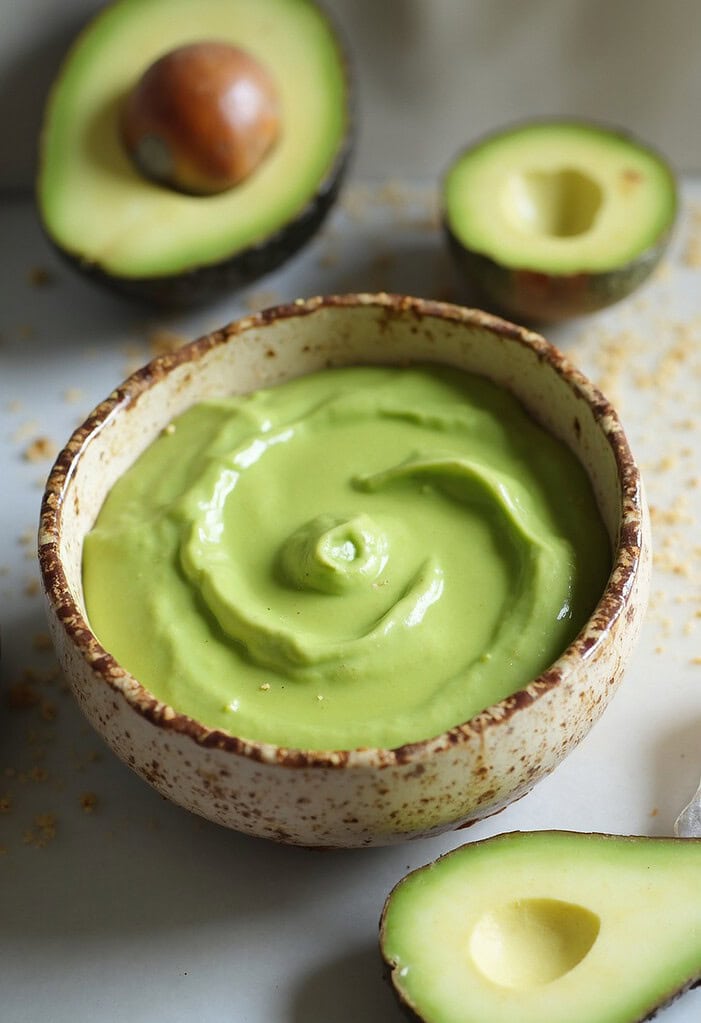
Brightening Turmeric Mask
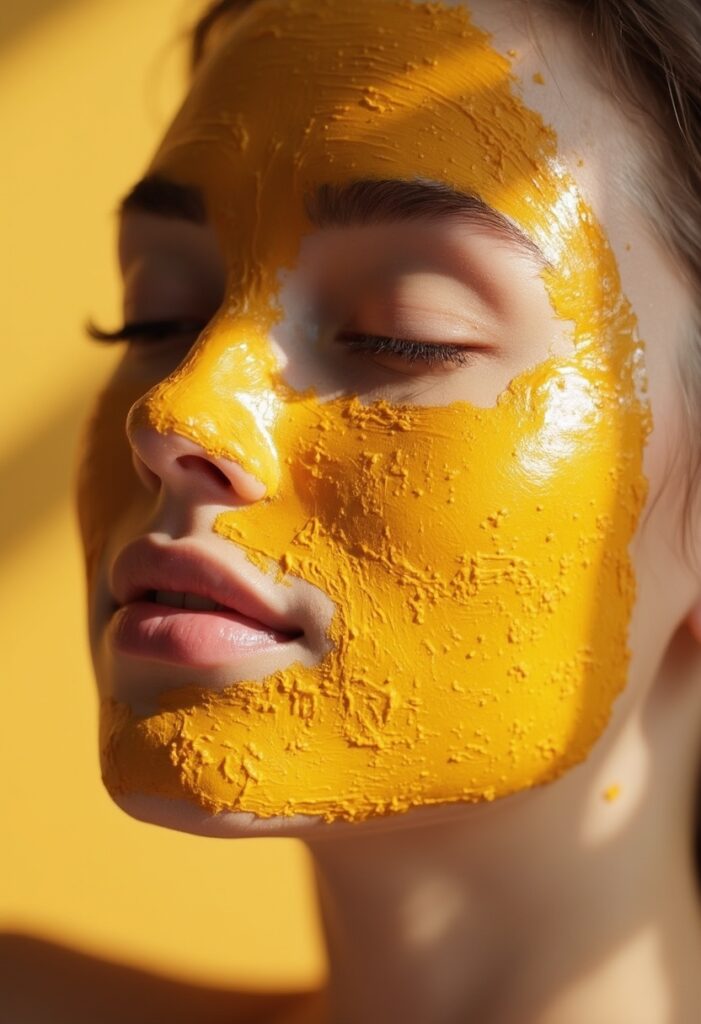
Ingredients:
- 1 teaspoon turmeric powder
- 1 tablespoon yogurt
- 1 tablespoon honey
Instructions:
- Mix all ingredients to form a smooth paste.
- Apply evenly to your face.
- Leave on for 10-15 minutes.
- Rinse off with lukewarm water.
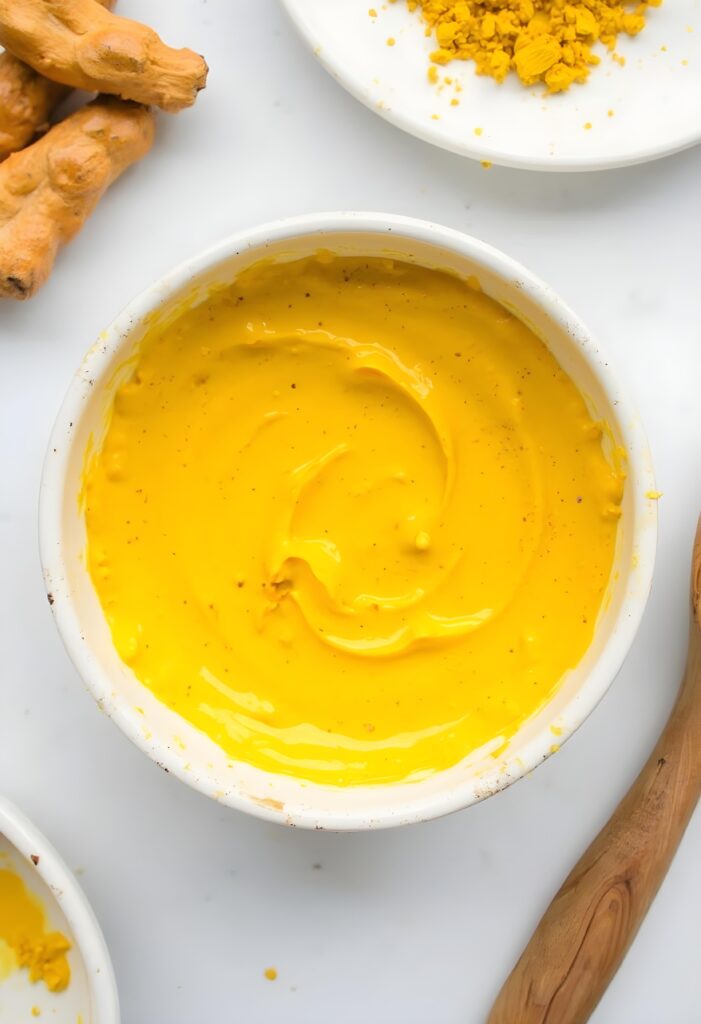
-
(100 customer reviews) $6.75 – $16.50Price range: $6.75 through $16.50Select options This product has multiple variants. The options may be chosen on the product page
-
-
- 3 oz.
- 12 oz.
-
-
Organic Culinary Coconut Oil, Sugar Scrub, Coconut Oil Lotion, Coconut Oil Soap, Whole Body Coconut Oil, Salt Scrub, Coconut Oil Lip Balm, Gift Card
(55 customer reviews)$33.00Original price was: $33.00.$24.75Current price is: $24.75.Select options This product has multiple variants. The options may be chosen on the product page-
-
- 20 Oz
-
Safety Tips and Precautions
- Patch Test: Always perform a patch test before applying new ingredients to your face to ensure there is no allergic reaction.
- Avoid Eye Area: Be careful not to apply masks too close to the eyes.
- Shelf Life: DIY masks should be used immediately and not stored for later use.
- Handle Adverse Reactions: Rinse off immediately and consult a healthcare professional if you experience any adverse reactions from a DIY mask.
How to choose the right coconut oil for your DIY face mask base
“The best coconut oil to use for the base of DIY face masks is one that is certified organic by a reputable certifying agent. If that certification is to a food standard – even better! (Personal care organic standards are often lower than food).
Raw and cold-pressed coconut oil has a high content of lauric acid and medium-chain fatty acids which have not gone through any molecular adjustments, processing or fractionation. Totally clean and with the highest concentration of naturally occurring benefits!
I had the good fortune of being introduced to Organic Fiji products about 20 years ago. While I had been searching for a better alternative to the oils and lotions I had been using, the benefits of organic cold-pressed coconut oil went far beyond its versatility. My eyes were open to the newly emerging natural products industry.
The importance of knowing how ingredients are sourced and certified truly built my massage and facial practice. It became a passion of mine to share this knowledge with my clients, family, and friends, using tools like The EWG to help them make educated choices.
Offering services that provided “uncompromised health and beauty” became my tagline, thanks to Organic Fiji.”
~Patti
FAQ - Frequently Asked Questions
Q: How often should I use a DIY face mask?
A: It is generally recommended to use a DIY face mask 1-2 times per week, depending on your skin type and the specific ingredients used. Overuse can sometimes irritate the skin, so start with once a week and adjust as needed.
Q: Can I store leftover DIY face masks for later use?
A: No, DIY face masks are best used immediately after preparation. Storing leftover masks can lead to bacterial growth and reduced effectiveness due to oxidation of the natural ingredients.
Q: What should I do if I have sensitive skin?
A: If you have sensitive skin, it’s important to patch test any new ingredients before applying them to your entire face. Choose mild, soothing ingredients like oatmeal, aloe vera, or chamomile, and avoid harsh exfoliants or acids.
Q: How long should I leave a DIY face mask on?
A: Leave the mask on for 10-15 minutes, or as specified in the recipe. Leaving it on longer than recommended can sometimes cause irritation, especially if the mask starts to dry out.
Q: Can I use DIY face masks if I have acne-prone skin?
A: Yes, DIY face masks can be beneficial for acne-prone skin. Ingredients like honey, tea tree oil, and clay can help absorb excess oil and unclog pores. However, avoid ingredients that may exacerbate acne, such as heavy oils or comedogenic ingredients.
Conclusion
Creating your own DIY face masks can be a rewarding and effective way to treat your skin to natural ingredients with numerous benefits. Whether you’re looking to hydrate, brighten, or soothe, there’s a DIY mask recipe for you. Remember to choose ingredients suited to your skin type, perform a patch test, and enjoy the spa-like experience in the comfort of your home.
Organic Fiji
Integrating coconut oil infused body products into your whole body care routine is more than a product choice, it’s an ancient ritual steeped in deep, island history.
Organic Fiji is a female and Pacific Islander owned boutique brand that creates organic body care products, based in California.
Organic Fiji’s artisan products have been USDA Certified Organic by Oregon Tilth since 2007 and are vegan, cruelty-free, eco-friendly and ethically created. You can also be assured that Organic Fiji products are free of GMOs, PEGs, parabens, phthalates, sulfates, artificial colors, synthetic fragrances, harsh ingredients or toxic chemicals.
A brand that believes in product transparency over ‘green-washing’ and are real people on the other end of the phone and email. Click here to contact Organic Fiji.
